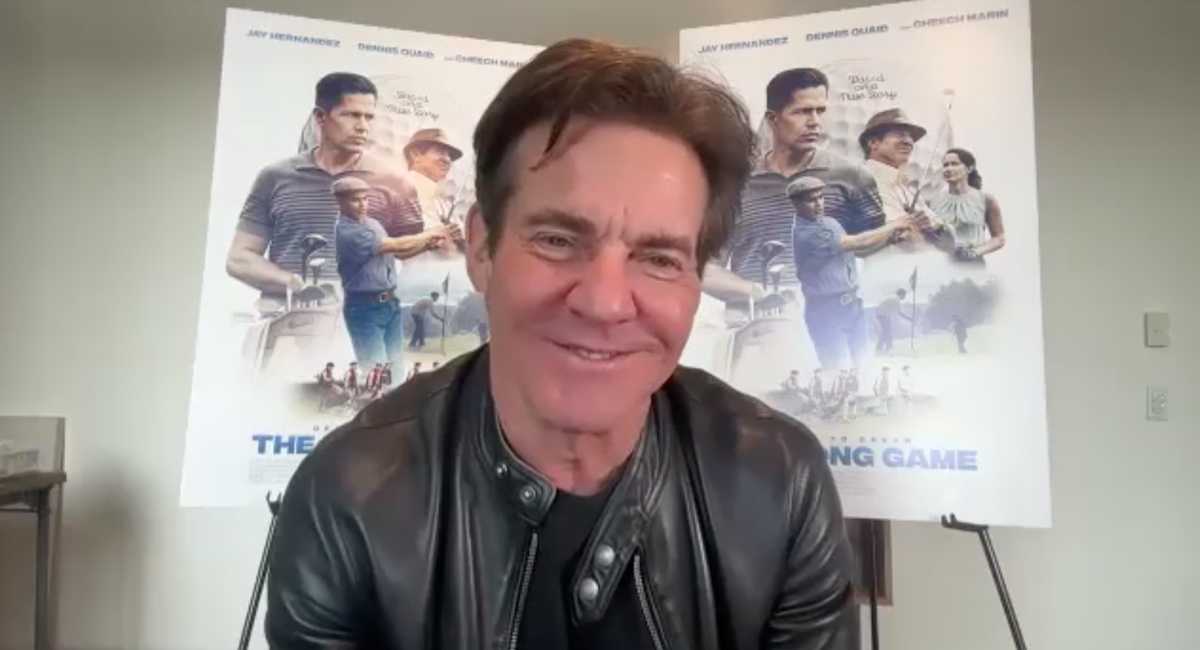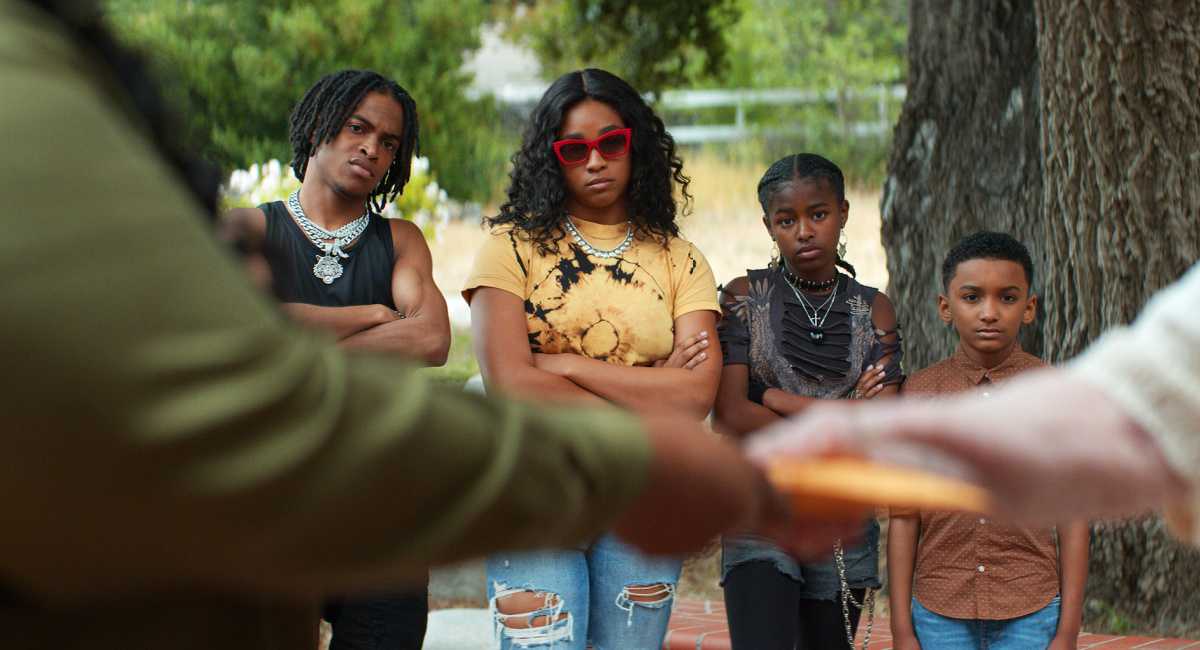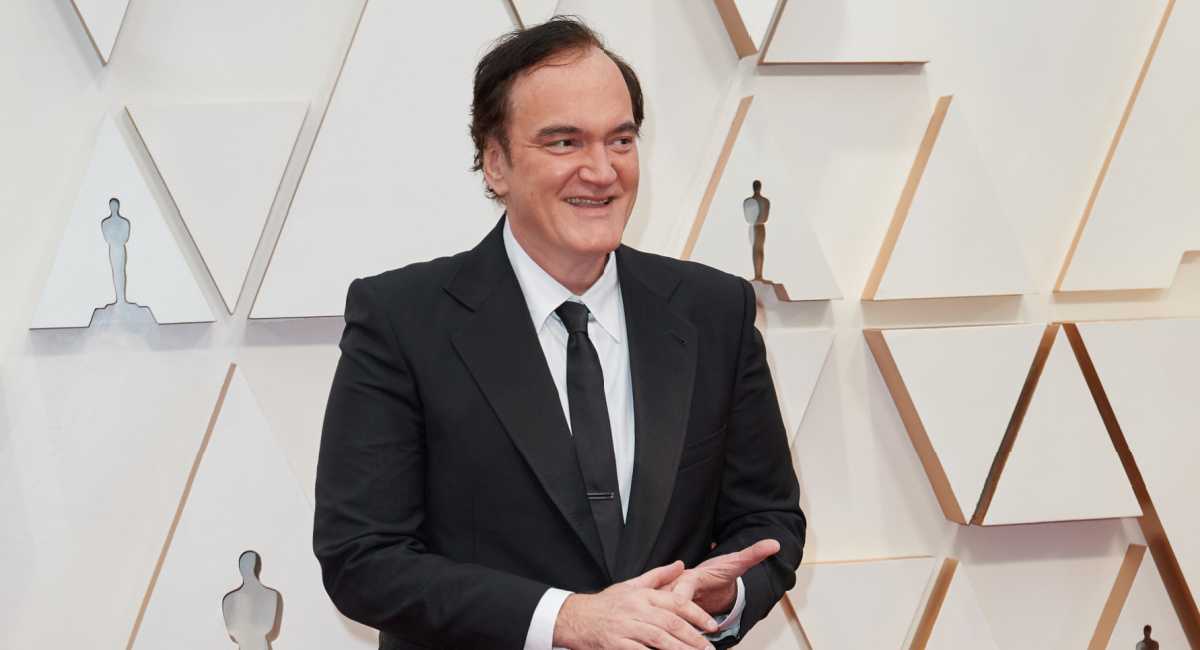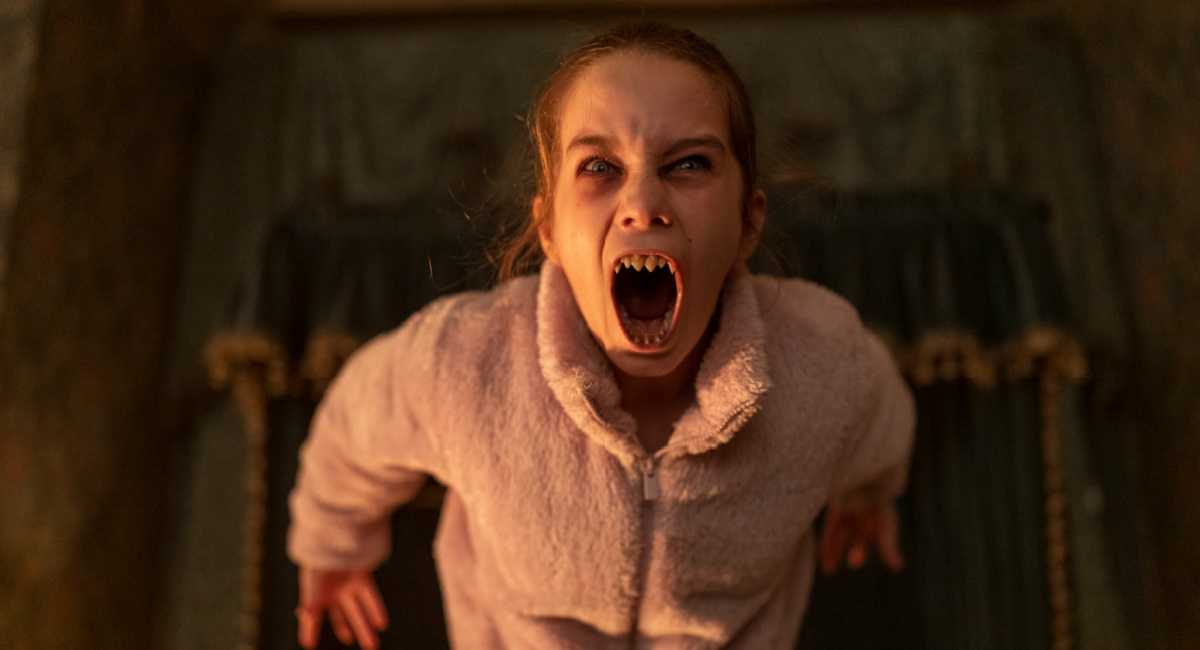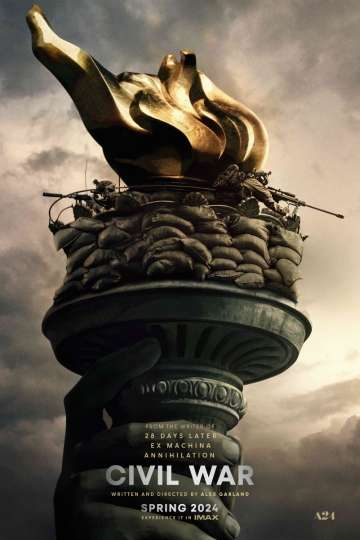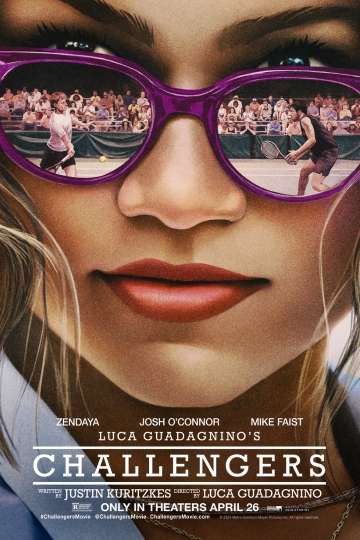Oscar Race 2018: Too Close to Call
One reason this year's Oscar race is so exciting? Everything we think we know about it may be wrong.
For months, the race has seemed to come down to a slugfest between "The Shape of Water" and "Three Billboards Outside Ebbing, Missouri." Indeed, it's still very likely that Guillermo del Toro will win a directing Oscar for the former, and that Frances McDormand and Sam Rockwell will win Best Actress and Best Supporting Actor for the latter.
But Best Picture? What if we're wrong, and neither of them has the shot we think it does?
Sure, "Shape" has won a number of Best Picture prizes from critics' groups, and del Toro has won nearly every directing prize available. It also has more nominations than any other movie this year (13 of them), enough to suggest it has support throughout most branches of the Academy.
Similarly, "Three Billboards" has won the top prize at the Golden Globes, the Screen Actors Guild Awards (SAGs), and just this past weekend, at the British Academy Awards (BAFTAs). The BAFTAs have a modest track record of predicting who will win on this side of the Atlantic, and many of their other winners this year -- del Toro, McDormand, Rockwell, Gary Oldman (Best Actor for "Darkest Hour"), and Allison Janney (Best Supporting Actress for "I, Tonya") -- are expected to repeat at our Academy Awards on March 4.
But you have to take into account some other factors, including the guild awards and the Academy's tricky voting process. After all, the Academy voters will be thinking of these things when they fill out their ballots this week.
Aside from the SAGs, the guild awards aren't televised, but they still matter because they represent the preferences of the many professions that make up the Academy. They also each anticipate a particular award handed out at the Oscars -- the so-called "craft" awards that fill up half your Oscar-pool ballot, like cinematography, production design, make-up, and editing.
In recent weeks, several of the craft guilds have handed out their own prizes. The American Cinema Editors gave their top award to "Dunkirk." The Motion Picture Sound Editors honored "Blade Runner 2049." That film also won with the American Society of Cinematographers. (Cross your fingers, Roger Deakins fans; the cinematographer has gone 0 for 13 at the Oscars, but his "Blade Runner" work may mean that the 14th time's the charm.) The Visual Effects Society recognized "War for the Planet of the Apes." And the Art Directors Guild honored "Shape of Water." Still to come are awards from the costume designers, hair and make-up artists, and sound mixers, all of which will be handed out during the final Oscar balloting period that runs from February 20 through the 27th.
The fact that these awards spread the wealth all over the place makes it that much harder to guess how they'll vote for Best Picture, especially since "Blade Runner" and "Apes" aren't in the running for the top prize. But you can't even rely on the major guild awards, like the SAGs or the Directors Guild (which honored del Toro) as reliable predictors anymore.
There used to be a number of hard and fast rules about which precursor awards a movie needed to win or at least be nominated for in order to land a Best Picture Oscar. A movie that didn't get a SAG Best Ensemble nomination historically has had no chance to win Best Picture. If the Academy voters or the Golden Globes didn't nominate the movie for Best Director, it wouldn't win Best Picture either. And if Oscar voters didn't nominate a movie for writing or acting, or failed to nominate it for any of the craft awards, it had no shot at the top prize either.
But this year, at least one of those rules will have to go out the window. There's not one among the nine Best Picture nominees whose victory won't break at least one of these rules. Six of the nine -- "Shape of Water," "Dunkirk," "Call Me by Your Name," "The Post," "Darkest Hour," and "Phantom Thread" -- didn't get that SAG nomination. The Globes didn't nominate the directors of "Get Out," "Lady Bird," or "Phantom Thread," while the Academy didn't nominate the directors of "Three Billboards," "Call Me by Your Name," or "The Post." Neither group nominated the director of "Darkest Hour." "Dunkirk" has no Oscar nominations for writing or acting. "Lady Bird," Get Out," and "The Post" have no craft nominations.
Why are these stats important? Because the whole Academy votes on Best Picture, so a film needs the support of the editors, set designers, and hairstylists as well as the producers, directors, writers, and stars whose names appear during a movie's opening credits.
Best Picture voting uses a complicated system of proportional representation, in which voters mark not just one choice but several ranked choices. It's a system, then, that tends to reject the most polarizing, love-it-or-hate-it movies. Rather, the process favors consensus movies -- maybe not the ones with the most intense fanbases, but the ones that just enough voters can get behind, the ones that may not get the most first-place votes on Academy members' ballots but at least are among the top vote-getters on the most members' lists.
Seen that way, you have to wonder if the race is really between "Shape of Water" and "Three Billboards" after all. Del Toro's human-sea monster love story is lyrical and poignant, but is it just too weird a fantasy tale to top all the ballots it needs to win? The lack of a SAG nomination suggests that the support for the movie among actors, the Academy's biggest branch, is weak. Similarly, "Three Billboards" may feel like a timely expression of rage, but many voters may think its racial politics are problematic, it's ending is unsatisfying, and it's not as well directed as at least five other nominees.
So that leaves an opening for one of the other nominees. Let's assume that "Call Me by Your Name" and "Phantom Thread" are too exotic, and that "Darkest Hour" doesn't have enough going for it besides Gary Oldman's performance. That leaves "The Post," "Lady Bird," "Get Out," and "Dunkirk." Might one of these have enough broad-based Academy support to overcome the fact that it hasn't been top-tier enough to earn the precursor awards and nominations that have made "Shape of Water" and "Three Billboards" into leading contenders?
With "The Post" -- obviously, the Academy loves Meryl Streep and Steven Spielberg (though not enough to nominate him for directing this time), and it loves intrepid-journalists-behind-real-life-exposé dramas, like recent Best Picture winner "Spotlight." But the movie's near shut-out in precursor awards, not to mention the fact that the Academy nominated it for only two prizes, suggests that the broad-based support for "The Post" is not there.
"Lady Bird" has been a critics' favorite for months, and the Academy has a chance to make history by making Greta Gerwig only the second woman ever to win a Best Director Oscar. But its coming-of-age story may feel too low-stakes, and the lack of craft nominations suggests that rank-and-file Academy members didn't love the film.
"Get Out" also has a chance to make history, with Jordan Peele potentially becoming the first African-American to earn a Best Director Oscar. His nominated screenplay certainly couldn't have been more topical or timely. Then again, "Get Out" has the same apparent lack of craft support that "Lady Bird" does, and its horror elements may turn off some Academy members.
So, "Dunkirk"? It does tell an old-fashioned story of World War II heroism, but its technique is certainly modern. It's lack of acting and writing nominations may not matter, since individual performance and dialogue were sorta beside the point. The Academy's craft branches loved it, and Christopher Nolan may finally get his due as a director after numerous Oscar snubs.
Most of all, "Dunkirk" doesn't step on anyone's toes, politically speaking. In an Academy seeking consensus, it may be the least alienating choice. It may not be the movie that Hollywood is most proud of this year, but it may also be the movie that Hollywood is least embarrassed by.
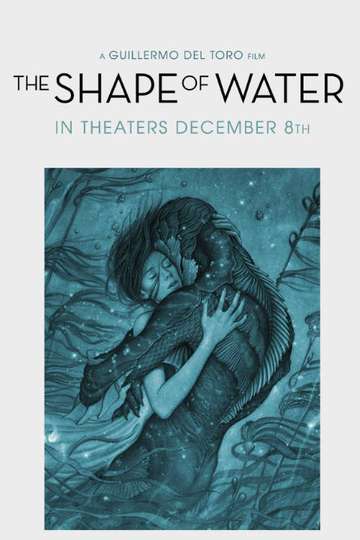
The Shape of Water
An other-worldly story, set against the backdrop of Cold War era America circa 1962, where a mute janitor working at a lab falls in love with an amphibious man being... Read the Plot



